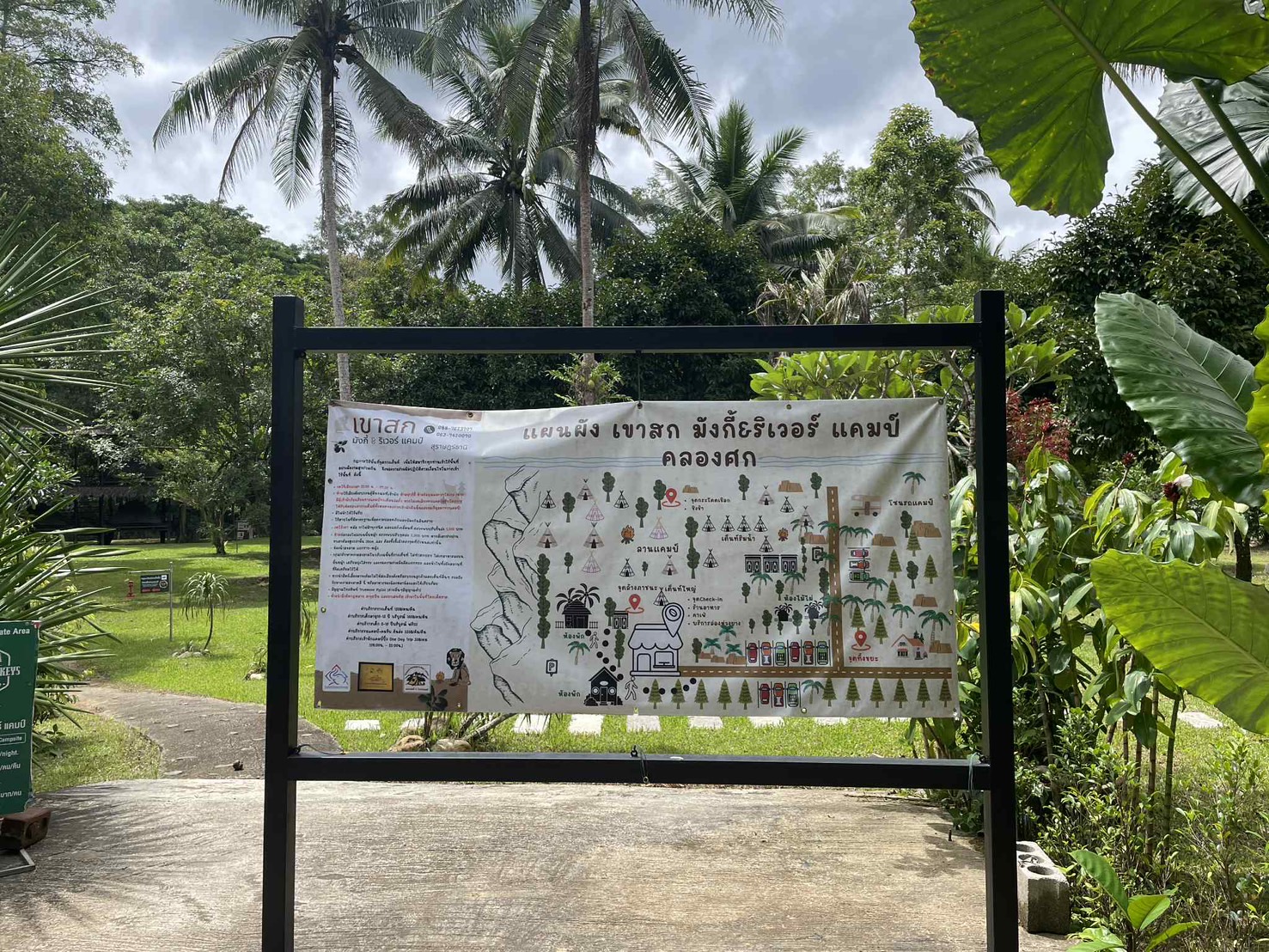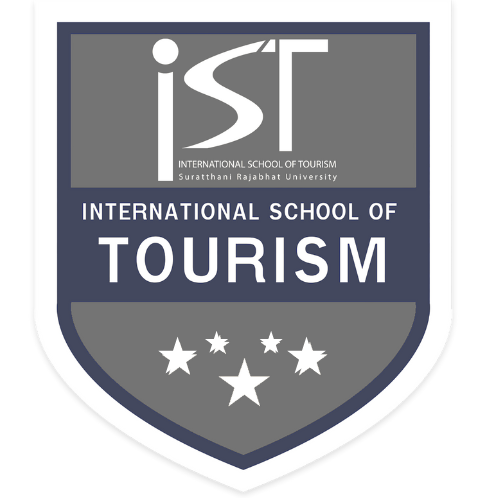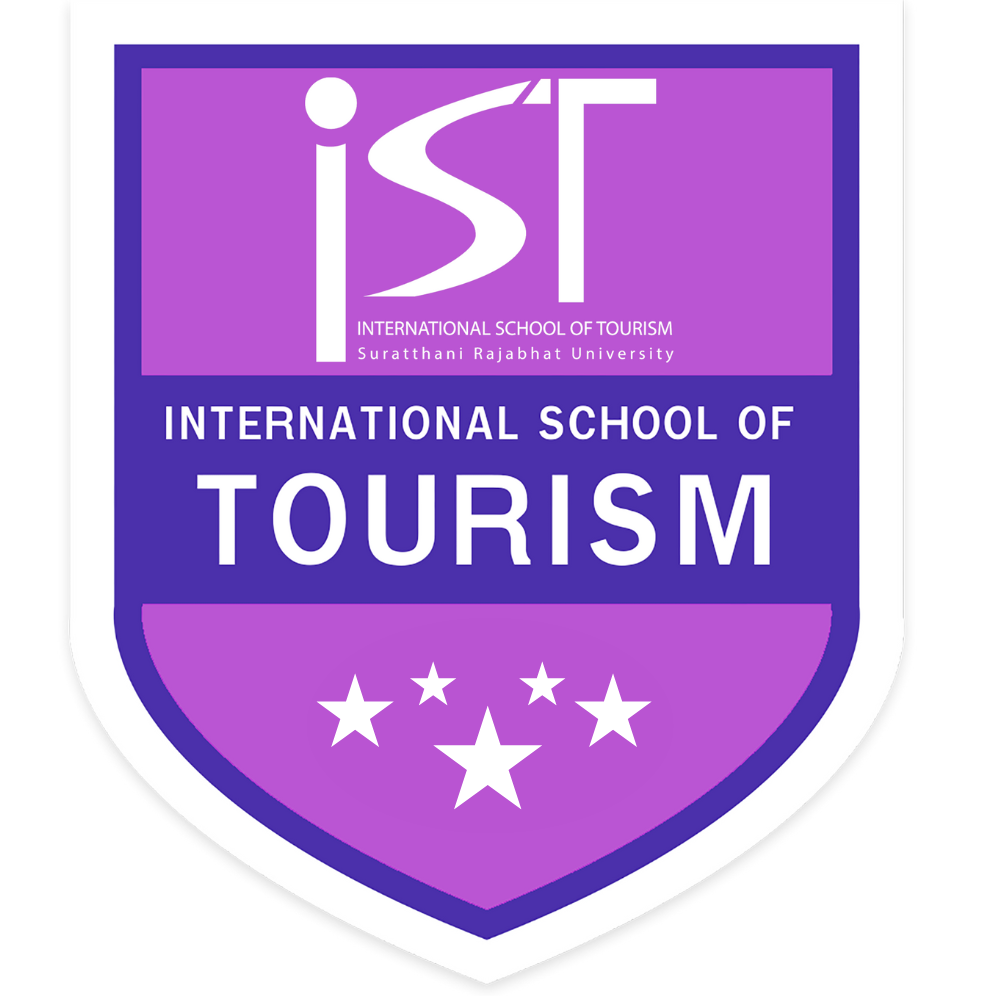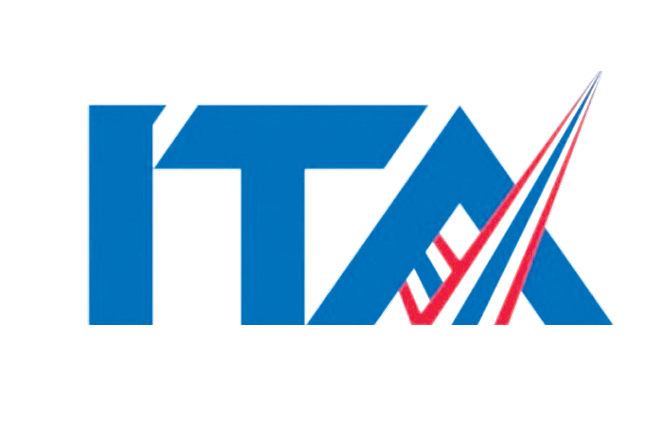The International School of Tourism, Suratthani Rajabhat University (IST SRU) is advancing its mission to promote sustainable tourism. Asst. Prof. Dr. Yoksamon Cheheng from IST, in collaboration with Dr. Netnapa Ruangpanupan from the Natural Resources and Environment program, Faculty of Science and Technology, conducted a field visit to promote knowledge and understanding of calculating greenhouse gas emissions, or Carbon Footprint, for five pilot accommodation businesses in the Khao Sok area participating in a carbon neutrality promotion project.
The five participating businesses are Khao Sok Jungle Hut Resort (Inn Hostel), Khaosok August Freedom Camp, Khao Sok Monkeys & River Camps, Khao Sok Cabana Resort, and Khaosok Rainforest Resort.

During the visit, the team discussed pathways and possibilities for reducing greenhouse gas emissions from the various activities at the accommodations. The data gathered will be used by the International School of Tourism to plan and develop future activities promoting low-carbon tourism.
This activity is part of the research project titled "Enhancing Participatory Accommodation Business Management to Promote Carbon Neutrality in the Khao Sok Area, Surat Thani Province," which is supported by a research grant from the Science, Research, and Innovation Promotion Fund. It reflects the International School of Tourism's commitment to supporting and driving sustainable development at both the local and societal levels.
Sustainable Development Goals (SDG) Report
This project aligns with and promotes the Sustainable Development Goals (SDGs) in several key dimensions:
-
SDG 13 (Climate Action): This is the project's primary goal. By providing knowledge and promoting the calculation of Carbon Footprints, the initiative directly constitutes urgent action to combat climate change and its impacts by aiming to reduce greenhouse gas emissions in the tourism sector.
-
SDG 12 (Responsible Consumption and Production): The project encourages accommodation businesses (producers) to focus on and adapt their operational processes to be more environmentally friendly, leading to sustainable production and service patterns in the tourism industry.
-
SDG 8 (Decent Work and Economic Growth): Promoting the transition to "Green Business" practices enhances the competitiveness and adds value to these tourism enterprises. This can attract higher-quality tourism and support the long-term economic growth of the local community.
-
SDG 11 (Sustainable Cities and Communities): Protecting the environment in the Khao Sok area, which is the heart of the tourist community, directly contributes to the community's sustainability by safeguarding its natural heritage for future generations.
-
SDG 17 (Partnerships for the Goals): This project is a clear example of a multi-stakeholder partnership, involving collaboration between different faculties within the university (IST and the Faculty of Science and Technology) and between academia and the private sector (the five participating resorts) to achieve shared development goals.
Relevant Sustainable Development Goals (SDGs) Table






